Tow Dolly vs Auto Transport
When it comes to transporting a vehicle, choosing between a tow dolly and auto transport can be a crucial decision. Both options have their advantages and considerations depending on your specific needs.
A tow dolly is a device that allows you to tow a vehicle behind another vehicle. It is a cost-effective option that works well for shorter distances and smaller vehicles. However, it requires the front wheels of the towed vehicle to be off the ground, which can put additional strain on the tires and suspension.
On the other hand, auto transport involves using a specialized trailer to transport the vehicle. This method is ideal for long distances or when transporting larger or multiple vehicles. It ensures that the entire vehicle is securely loaded onto the trailer, protecting it from potential damage during transit.
When deciding between a tow dolly and auto transport, factors such as distance, vehicle size, budget, and personal preferences should be taken into account. Understanding the pros and cons of each option will help you make an informed choice that best suits your transportation needs.
What Is the Difference Between a Tow Dolly and Auto Transport?
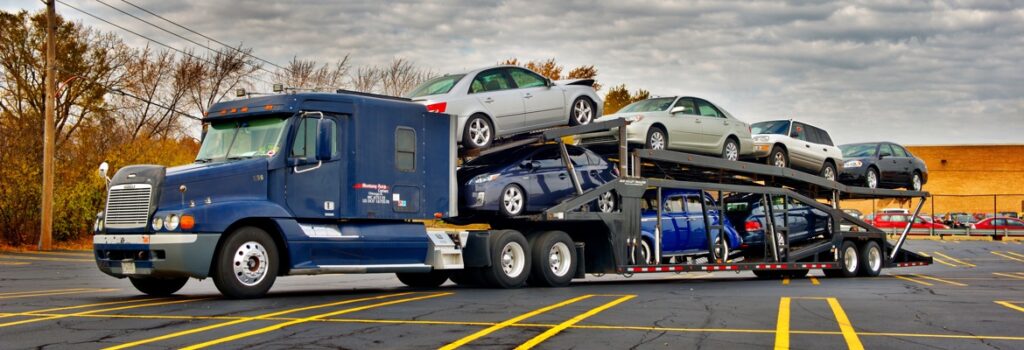
Understanding the difference between a tow dolly and auto transport is crucial when it comes to transporting vehicles. Both options have distinct features and considerations that can impact your decision-making process.
A tow dolly is a device that allows you to tow a vehicle behind another vehicle. It typically involves lifting the front wheels of the towed vehicle off the ground while the rear wheels remain in contact with the road. Tow dollies are generally more affordable and suitable for shorter distances or lighter vehicles. However, it’s important to note that using a tow dolly can put additional strain on the tires and suspension of the towed vehicle.
On the other hand, auto transport involves using a specialized trailer to transport vehicles. This method securely loads the entire vehicle onto the trailer, ensuring it remains protected from potential damage during transit. Auto transport is ideal for longer distances, larger vehicles, or when multiple vehicles need to be transported simultaneously.
Choosing between a tow dolly and auto transport depends on factors such as distance, vehicle size, budget, and personal preferences. Understanding the differences between the two options allows you to make an informed decision based on your specific transportation needs.
How To Tow a Car

Towing a car requires careful preparation and adherence to proper towing practices to ensure a safe and successful operation. Here are some key steps to tow a car:
- Check Towing Capacity: Ensure the towing vehicle has the appropriate towing capacity for the weight of the car being towed. Refer to the vehicle’s manual or consult a professional if unsure.
- Select the Towing Method: Choose between using a tow bar or a trailer. A tow bar attaches to the towing vehicle’s rear and connects to the front of the towed car, while a car trailer carries provides a separate platform for the entire car.
- Connect and Secure: Follow the manufacturer’s instructions to properly connect the tow bar or trailer hitch. Ensure all connections are secure and double-check the safety chains.
- Verify Lights and Brakes: Test the towed car’s brake lights, turn signals, and hazard lights to ensure they are functioning correctly. Attach auxiliary lights if necessary.
- Practice Safe Driving: When towing, accelerate and decelerate gradually to avoid jerking motions. Allow for longer stopping distances and maintain a safe speed.
- Communicate and Monitor: Use proper communication signals with other drivers. Regularly check the towed vehicle and connections during rest stops.
Remember to consult local laws and regulations regarding towing procedures, as they may vary. Following these steps and exercising caution will help ensure a smooth and secure towing experience.
The Importance of Understanding Towing Equipment and Techniques
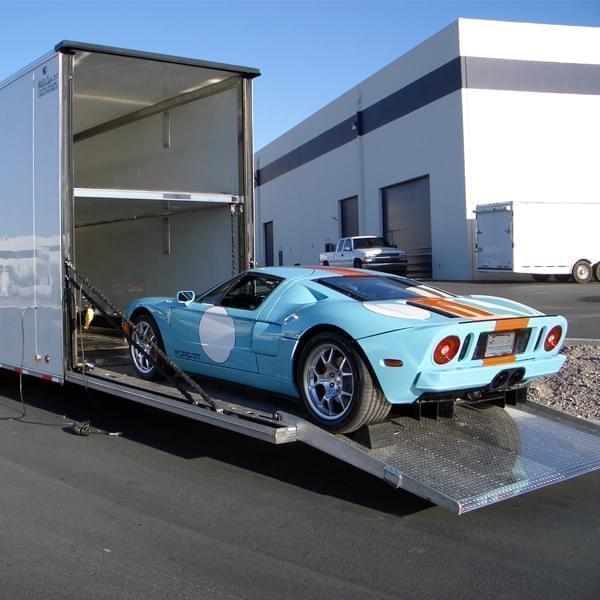
Understanding towing equipment and techniques is essential for safe and effective towing operations. Whether you’re towing a vehicle, trailer, or other heavy loads, having a solid grasp of the equipment and techniques involved is crucial. Here’s why it’s important:
- Safety: Proper knowledge of towing equipment and techniques helps ensure the safety of yourself, your passengers, and other road users. It minimizes the risk of accidents, mechanical failures, or damage to the towed vehicle or property.
- Legal Compliance: Different jurisdictions may have specific regulations regarding towing equipment and techniques. Understanding these laws and complying with them ensures you stay within legal boundaries, avoiding fines or penalties.
- Proper Equipment Selection: Different towing scenarios require specific equipment, such as tow bars, hitch receivers, or trailer brakes. Understanding the right equipment for the job ensures a secure connection and optimal towing performance.
- Weight Distribution and Balance: Proper weight distribution and balance are crucial for safe towing. Understanding techniques like tongue weight, load distribution, and car trailers sway control helps maintain stability and prevent accidents.
- Efficient Towing: Knowledge of towing techniques, such as proper acceleration, braking, and turning, helps optimize fuel efficiency and prevent unnecessary wear on the towing vehicle and components.
By investing time in understanding towing equipment and techniques, you can ensure safer towing experiences, protect your assets, and comply with regulations. Whether you’re towing for personal or professional purposes, this knowledge is invaluable for a successful and stress-free towing operation.
Tow Dolly vs. Car Carrier: Understanding the Differences

When it comes to towing a vehicle, understanding the differences between a car trailer vs tow dolly is crucial in choosing the right option for your needs. Both methods have their advantages and considerations, so let’s delve into the key factors to consider when comparing tow dollies and car carriers.
1. HOW THEY WORK
A tow dolly is a small car trailer-like device that lifts the front wheels of the towed vehicle off the ground while the rear wheels remain in contact with the road. The tow dolly connects to the towing vehicle through a hitch, allowing for the vehicle to be pulled behind. On the other hand, a car carrier, also known as an auto transporter or car hauler, is a larger trailer specifically designed to transport vehicles. It provides a platform where the entire vehicle can be loaded and secured for transport.
2. VEHICLE COMPATIBILITY
One important consideration is vehicle compatibility. Tow dollies are typically more suitable for front-wheel drive vehicles or vehicles with a low front end. Rear-wheel drive or all-wheel drive vehicles may require additional modifications or equipment to be safely towed with a tow dolly. Car carriers, on the other hand, can accommodate a wider range of vehicles, including front-wheel drive, rear-wheel drive, all-wheel drive, and even larger vehicles like trucks or SUVs.
3. SETUP EFFORTLESSNESS
In terms of setup, tow dollies require some effort to properly connect and secure the vehicle. This includes aligning the towed vehicle’s front wheels onto the dolly ramps, securing them with straps or chains, and properly attaching the dolly to the towing vehicle’s hitch. Car carriers, while larger in size, offer a more straightforward setup process. The vehicle is simply driven or winched onto the carrier’s platform and secured using straps or wheel chocks.
5. COST
Cost is an important factor to consider when choosing between a tow dolly and a car carrier. Tow dollies are generally more affordable compared to car carriers, making them a budget-friendly option for shorter distances or occasional towing needs. Car carriers, on the other hand, tend to be more expensive due to their larger size and specialized design. However, it’s essential to weigh the cost against the specific needs and requirements of your towing situation.
6. SAFETY
Safety is paramount when it comes to towing a vehicle. Tow dollies can present some challenges in terms of stability and weight distribution. Since the front wheels of the towed vehicle are lifted off the ground, it may affect steering and braking capabilities. Additionally, the weight distribution between the towing vehicle and the tow dolly requires careful attention to ensure balanced towing. Car carriers, on the other hand, provide a more stable and secure option. With the entire vehicle loaded onto the carrier, weight distribution is typically more balanced, resulting in better handling and reduced risk of sway.
7. SPEED
When it comes to speed, car carriers have the advantage. Car carriers offer a faster and smoother towing experience since the entire vehicle is loaded and secured on the platform. Tow dollies, due to the lifted front wheels and potential limitations in weight distribution, may restrict speeds and require more cautious driving.
8. MANEUVERABILITY
Maneuverability is another factor to consider. Tow dollies tend to offer greater maneuverability due to their smaller size and simpler design. They are generally easier to navigate in tight spaces or narrow streets. Car carriers, being larger and bulkier, may require more space for maneuvering and can be more challenging to navigate in certain areas.
In conclusion, understanding the differences between a tow dolly and a car carrier is crucial in choosing the right option for your towing needs. While tow dollies may be more suitable for front-wheel drive vehicles and offer cost savings, car carriers provide versatility, better stability, and smoother towing experiences. Consider factors such as vehicle compatibility, setup effortlessness, cost, safety, speed, and maneuverability to make an informed decision. Remember, safety should always be a top priority, so ensure you have the appropriate towing capacity, follow proper procedures, and comply with local regulations when towing your vehicle.
Tow Dolly: Pros and Cons
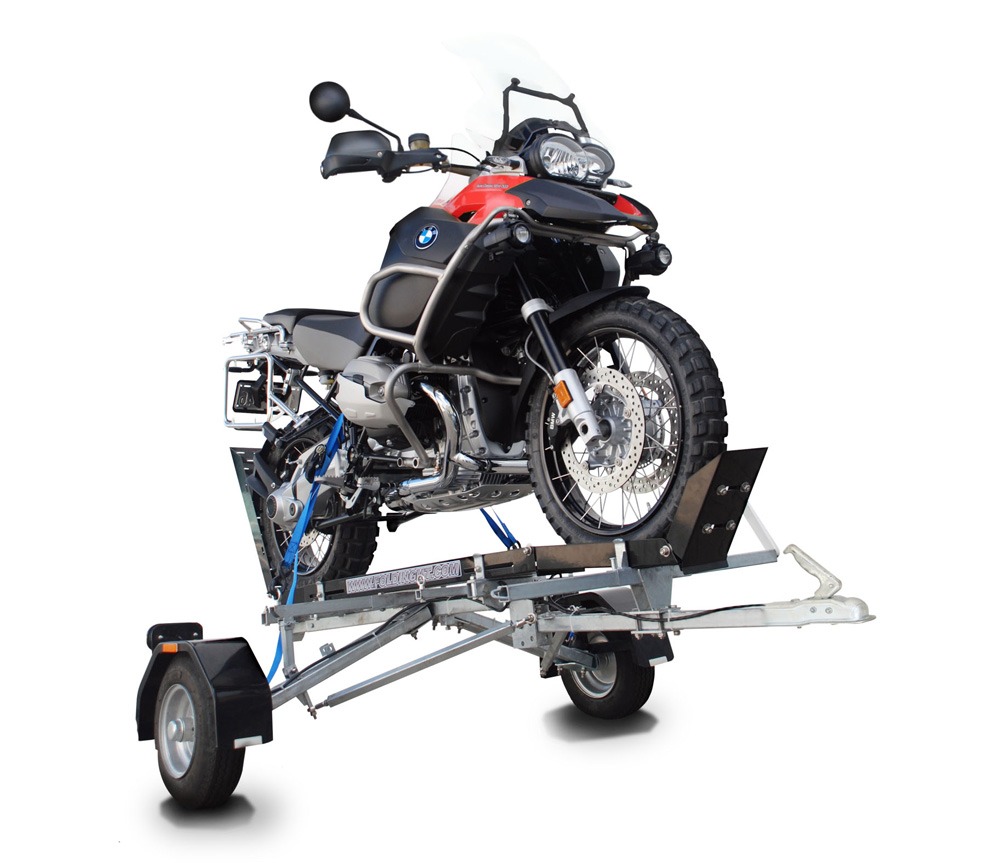
Tow dollies are a popular choice for towing vehicles, offering certain advantages and considerations to keep in mind. Let’s explore the pros and cons of using a tow dolly:
Pros:
- Affordability: Tow dollies are generally more budget-friendly compared to other towing options, making them a cost-effective choice for occasional or short-distance towing needs.
- Vehicle Compatibility: Tow dollies are suitable for front-wheel drive vehicles or vehicles with low front ends. They provide a convenient towing solution for these types of vehicles without requiring extensive modifications.
- Maneuverability: Due to their smaller size and simple design, tow dollies offer greater maneuverability, making it easier to navigate tight spaces or narrow streets.
Cons:
- Limited Vehicle Options: Tow dollies may not be suitable for all types of vehicles. Rear-wheel drive or all-wheel drive vehicles may require additional modifications or equipment to be safely towed with a tow dolly.
- Additional Setup Effort: Properly connecting and securing the vehicle on a tow dolly requires some effort and attention to detail. This includes aligning the front wheels onto the dolly ramps, securing them with straps or chains, and attaching the dolly to the towing vehicle’s hitch.
- Potential Stability Concerns: Tow dollies can present stability challenges, especially during braking and steering. Lifting the front wheels off the ground may affect the towed vehicle’s handling and braking capabilities, requiring careful driving and adjustment.
Considering these pros and cons will help you determine if a tow dolly is the right towing option for your specific needs. It’s essential to weigh the advantages against the limitations and ensure that your vehicle is compatible and properly secured for safe towing.
Auto Transport: Pros and Cons

Auto transport is a popular method for transporting vehicles over long distances, offering several advantages and considerations. Let’s explore the pros and cons of using auto transport:
Pros:
- Convenience: Auto transport provides a convenient solution for transporting vehicles over long distances without the need for driving them yourself. This is especially beneficial for individuals moving to a new location or purchasing a vehicle from a different region.
- Vehicle Protection: Auto transport ensures that your vehicle is securely loaded onto a specialized trailer, protecting it from potential road hazards, weather conditions, and wear and tear associated with long drives.
- Versatility: Auto transport is suitable for various types of vehicles, including multiple cars, trucks, SUVs, and motorcycles. It offers a versatile solution for transporting different sizes and types of vehicles.
Cons:
- Cost: Auto-transport can be relatively expensive compared to other methods of transportation. Factors such as distance, vehicle size, and additional services can influence the overall cost.
- Timing and Scheduling: Depending on availability and logistics, auto transport may require adherence to specific schedules, which may not always align with your preferred timelines.
- Less Control: When using auto transport, you are entrusting your vehicle to a third-party carrier. While reputable carriers take necessary precautions, you have less control over the actual transportation process.
Considering these pros and cons will help you make an informed decision regarding auto transport. It is important to evaluate your specific needs, budget, and preferences to determine if auto transport aligns with your requirements for convenient and secure vehicle transportation.
WHEN YOU SHOULD CONSIDER a TOW DOLLY
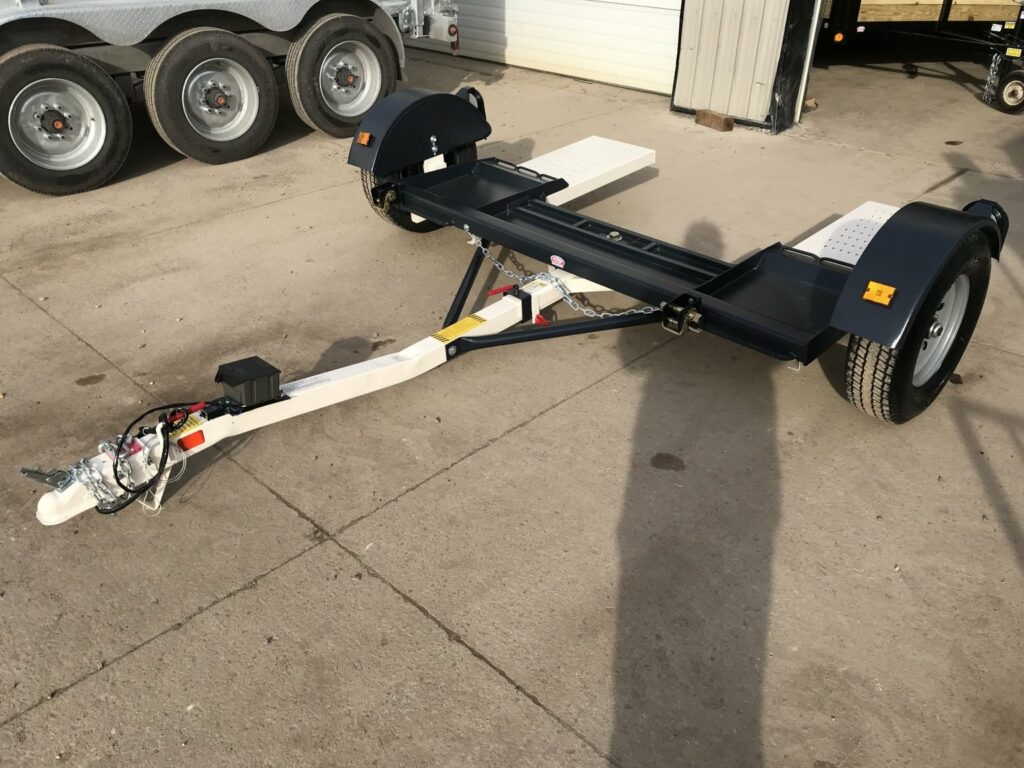
A tow dolly can be a suitable option for certain towing scenarios. Consider using a tow dolly when you have a front-wheel drive vehicle or a vehicle with a low front end that can easily be loaded onto the dolly ramps. If you’re on a budget or require occasional towing for short distances, a tow dolly can offer a cost-effective solution. Additionally, if you need greater maneuverability in tight spaces or narrow streets, a tow dolly’s smaller size and simpler design make it a favorable choice. However, keep in mind that a tow dolly may not be suitable for all vehicles, especially those with rear-wheel drive or all-wheel drive configurations, which may require additional modifications or equipment for safe towing.
WHEN YOU SHOULD CONSIDER a CAR SHIPPING CARRIER

A car shipping carrier, also known as an auto transporter or car hauler, is worth considering in several scenarios. If you’re moving long distances and want to avoid the wear and tear associated with driving, a car shipping carrier is a convenient option. It’s especially beneficial for high-value or classic vehicles that require extra protection during transport. Car carriers are also suitable when you need to transport multiple vehicles or larger vehicles like trucks or SUVs. Additionally, if you prefer a professional handling the logistics and ensuring the safety of your vehicle during transport, a car shipping carrier provides peace of mind. However, it’s important to consider the cost, timing, and availability of carriers when making your decision.
The Average Cost of Car Dolly and Auto Transport
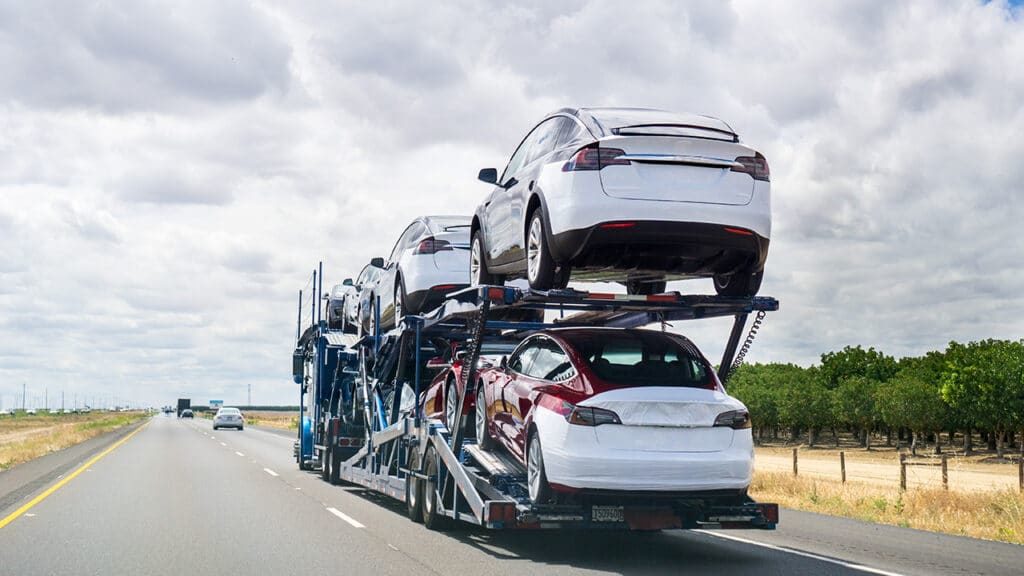
The average cost of a car dolly and auto transport can vary depending on various factors. A car dolly typically ranges from $500 to $1,500, depending on the brand, quality, and features. However, it’s important to note that purchasing a car dolly is a one-time investment.
On the other hand, the cost of auto transport can vary significantly based on factors such as distance, vehicle size, transport type (open or enclosed), and additional services. On average, auto transport can range from $500 to $1,500 for shorter distances, while long-distance or cross-country transport can cost between $1,000 and $3,000.
Keep in mind that these figures are approximate averages, and actual costs may vary. It’s essential to obtain quotes from reputable transport companies to get an accurate estimate based on your specific needs and requirements.
Why Should You Choose Our Company “American Auto Transport” To Transport Your Car?
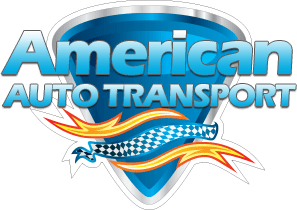
When it comes to transporting your car, choosing the right auto transport company is essential for a smooth and hassle-free experience. Here are some compelling reasons to choose our company, “American Auto Transport,” for your car transport needs:
- Reliability: We have established a reputation for reliability and professionalism in the auto transport industry. Our team is committed to delivering your vehicle safely and on time to its destination.
- Experience: With years of experience in the industry, we have honed our processes and gained extensive knowledge in handling various types of vehicles. You can trust our expertise in providing secure and efficient transport services.
- Insurance Coverage: We prioritize the safety of your vehicle during transport. Our company offers comprehensive insurance coverage to protect your vehicle from any unforeseen incidents or damages that may occur during transit.
- Competitive Pricing: We understand the importance of affordability. Our pricing is competitive, offering you value for your money while ensuring top-notch service quality.
- Excellent Customer Service: Our dedicated customer service team is available to address any queries or concerns you may have throughout the transport process. We prioritize clear communication and strive to exceed your expectations.
- Variety of Services: We offer a range of transport services to cater to your specific needs, whether you require open transport, enclosed transport for added protection, or expedited delivery.
Choosing “American Auto Transport” means entrusting your vehicle to a reputable and experienced company that prioritizes reliability, safety, and customer satisfaction. Experience a stress-free car transport process by choosing us as your trusted partner in transporting your valuable asset.
FAQs

Is a Tow Dolly Good for Long Distances?
While a tow dolly can be used for long-distance towing, it may not always be the most suitable option. Tow dollies are generally more suitable for shorter distances or occasional use. Long-distance towing with a tow dolly can present challenges due to stability concerns and potential strain on the towed vehicle’s tires and suspension. Additionally, tow dollies may have speed limitations and require more cautious driving. If you’re planning a long-distance tow, it’s worth considering alternatives such as using a car carrier or flatbed car trailer, which offer better stability, weight distribution, and overall safety for extended journeys.
Can I Use a Towing Dolly on the Motorway?
Using a towing dolly on the motorway can be a viable option, but there are considerations to keep in mind. While tow dollies are designed for road use, it’s important to be aware of any specific regulations or restrictions regarding their use on motorways. Some jurisdictions may have restrictions on towing dollies on certain types of roads, including motorways. Additionally, towing a vehicle on a dolly requires extra caution and adherence to speed limits. It’s essential to drive at a safe and controlled speed, maintain a safe following distance, and be mindful of the potential impact on handling and braking. Before using a towing dolly on the motorway, it’s advisable to check local laws and regulations and ensure that you are complying with all safety guidelines.
What Cars Can Be Towed on a Car Dolly?
Car dollies are generally suitable for towing front-wheel drive vehicles, but it’s important to consider certain factors when determining if a specific car can be towed using a dolly. Front-wheel drive vehicles are the most compatible as their front wheels can be lifted off the ground while the rear wheels remain in contact with the road. However, it’s crucial to consult the vehicle’s manufacturer’s guidelines and owner’s manual to confirm if the vehicle is towable and if any specific precautions or modifications are required. Additionally, factors such as weight, ground clearance, and suspension should be considered to ensure safe and proper towing with a car dolly. Always prioritize safety and consult professionals for guidance if you are unsure about towing compatibility for a specific vehicle.
What Are Common Car Dolly Towing Issues?
While car dollies can be a convenient option for towing vehicles, there are some common issues to be aware of:
- Vehicle Compatibility: Car dollies are generally suitable for front-wheel drive vehicles with low front ends. Towing other types of vehicles, such as rear-wheel drive or all-wheel drive, may require additional modifications or equipment.
- Weight Distribution: Proper weight distribution is crucial when using a car dolly. Failing to distribute weight evenly can lead to stability issues and affect handling during towing.
- Ground Clearance: Some vehicles with low ground clearance may face challenges when loading onto a car dolly, potentially causing damage to the vehicle’s front end or undercarriage.
- Maneuverability: Car dollies can be less maneuverable compared to other towing methods. Navigating tight spaces or reversing may require extra caution and skill.
- Speed Limitations: Car dollies may have speed limitations, so it’s important to adhere to the recommended towing speeds to ensure safety and prevent potential damage.
By understanding these common issues and taking appropriate precautions, you can minimize risks and maximize the effectiveness of using a car dolly for towing purposes.
How Fast Can You Go With a Tow Dolly?
When using a tow dolly, it’s essential to adhere to the recommended towing speed limits for safety and to prevent damage. Generally, the maximum speed for towing with a tow dolly is around 55 to 65 miles per hour (88 to 105 kilometers per hour). However, it’s important to consult the manufacturer’s guidelines or specific instructions for the tow dolly being used, as speed limits can vary depending on the design and specifications. Exceeding the recommended towing speed can put undue stress on the towed vehicle, affect stability, and increase the risk of accidents. Always prioritize safety and follow the speed limits to ensure a smooth and secure towing experience.

